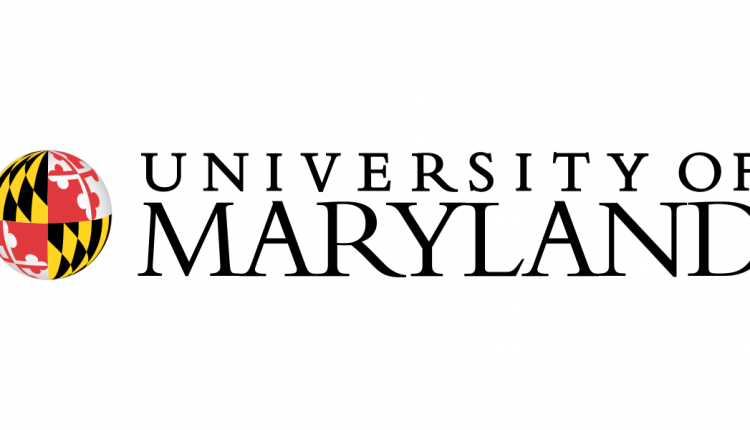University of Maryland: Six Teams to Vie for $20K+ in Prizes in Do Good Challenge
From paving the way for future health care professionals to supporting children’s mental health and fighting overdoses, Terps work to make the world a better place. Today, six student teams will have the chance to showcase their social impact on these and other priorities as finalists at the 10th annual Do Good Challenge, with more than $20,000 in prizes up for grabs.
They’ll face off in a “Shark Tank”-style format, pitching their visions and work they’ve done so far to a panel of judges and a live audience at 6:30 p.m. in The Clarice Smith Performing Arts Center. First-place winners in each category will take home $5,000; second place finishers receive $2,500; and third place, $1,000. In addition, the audience has an opportunity to vote and give out three different awards to the teams: the $2,500 Neilom Foundation Audience Choice Award for their favorite finalist, the $750 Showcase Audience Choice Award for semifinalists and the $500 Showcase Runner Up Award.
Founded in 2012, the Do Good Challenge began as a way for Terps to make the most impact on the world possible during eight weeks in the spring. Now, the challenge has evolved into showcasing Terps who are continuously honing their philanthropic ideas.
“We know that Terps are doing good year-round, and year after year,” said Sara Gallagher, associate director of the Do Good Institute. “We recognize that there is no specific timeframe in which you have to do good and that you can’t really put a time limit on these efforts.”
The six finalists fall under the project or venture tracks. Project teams maximize impact for a cause or existing organization through volunteering, fundraising and advocacy. Here are this year’s teams:
Get Ovary It engages in advocacy, outreach and service to support access to affordable menstrual products as a fundamental right. Supported by a grant from the Student Government Association, the group distributes free menstrual products in 25 restrooms on campus.
Kesem at University of Maryland supports children ages 6-18 in the DMV area who have been affected by a parent’s cancer diagnosis. The team provides care packages, monthly calls and a free weeklong summer camp. In all, more than 250 student volunteers have donated some 70,000 service hours to the cause.
Combating Overdoses in Rural Areas (CORA) has spent the last two years educating the public about overdose awareness, prevention and response in areas that frequently have less access to social services. “We talked to a lot of people with substance use disorders, and those stories were heartbreaking,” said founder Kevin Tu ‘23. “This was our way of giving back.” Among other activities, CORA educates community members in administering Naloxone to counteract overdoses, and is working to pass policies in the Maryland legislature to help incarcerated people access substance abuse treatment.
Ventures are student-founded social enterprises that tackle important societal issues with innovative business models. Here are the 2022 finalists:
North Star Creations teaches children about emotional intelligence and empathy through children’s books, dolls, puzzles, posters and flashcards. In five months, the team has brought in more than $9,100 in sales and donated products to 250 teachers, which resulted in reaching more than 5,000 children.
TeleShadowing offers pre-health students from high school to graduate school the opportunity to shadow clinicians virtually and attend lectures to earn shadowing hours. Already, more than 5,000 students from 200 universities in more than 30 countries have registered, and over 250 students highlighted their TeleShadowing experience as a key part of their professional applications.
Vitalize is developing a clinician-based wellness platform to help improve the well-being of our healthcare workforce. Its app centers around helping clinicians prioritize their mental health through daily meditations, support communities and group coaching. “Burned out health care providers are three times more likely to make a medical error and deliver biased care. Patient caregivers face a unique set of challenges, so it’s important that the resources we give them resonate with those challenges,” said Vitalize co-founder Sanketh Andhavarapu ‘23. Vitalize is also working to develop a digital dashboard to allow hospital leadership to view data on their staff’s app engagement and well-being trends.
Ten years in, the Do Good Institute continues to introduce new tools to help students expand their efforts beyond the spring event. The Do Good Accelerator Fellows program is an example: Student teams get a semester to refine their models, locate new funding sources and draw in other students to engage their work.
“Thinking of more ways that we can support people year-round feeds into the challenge,” Gallagher said. “I think that’s where we are going to see the biggest change.”

